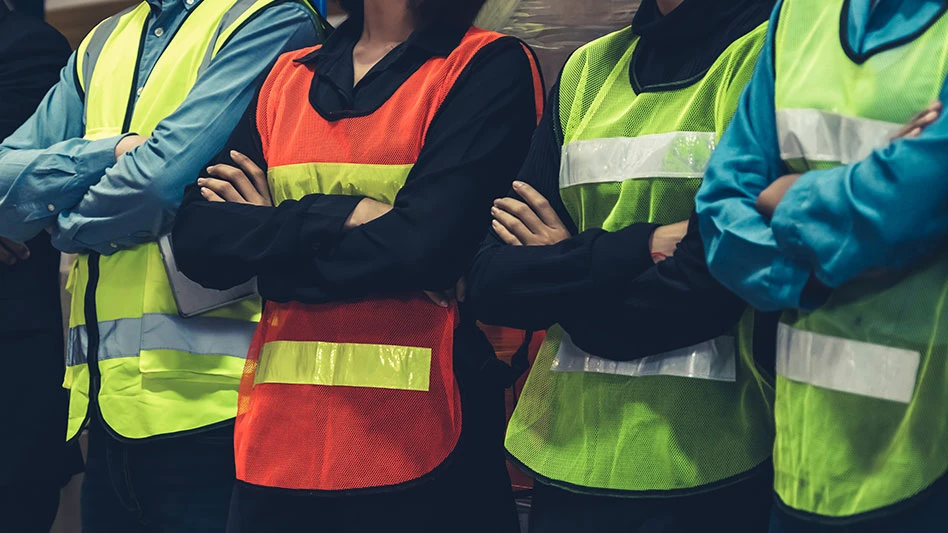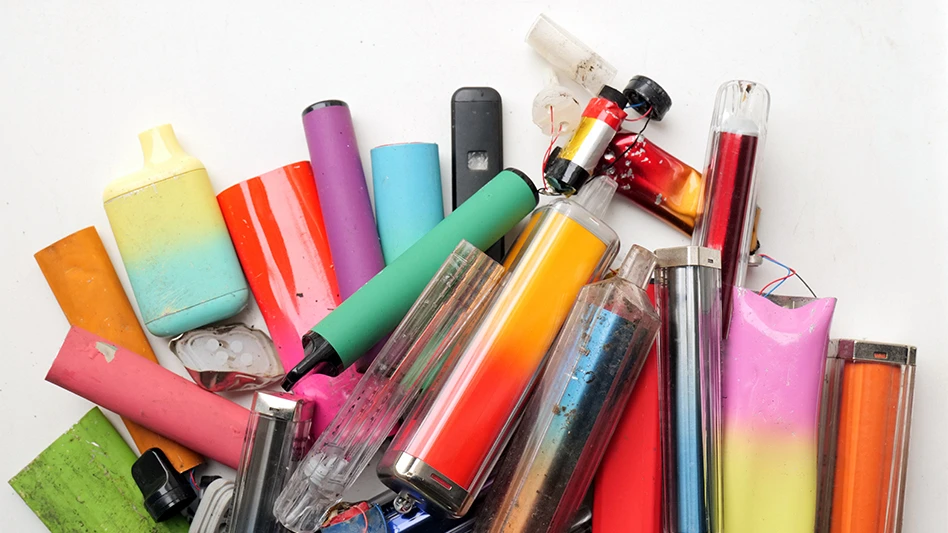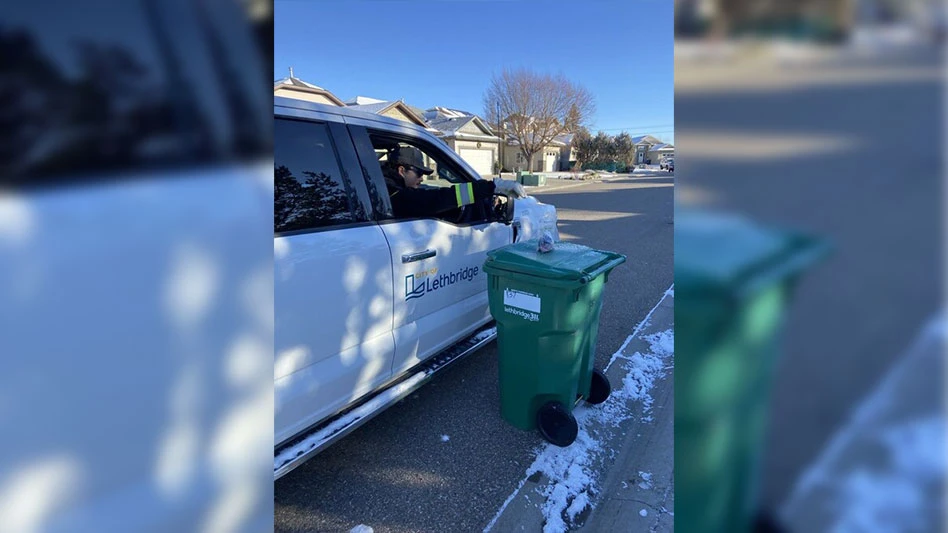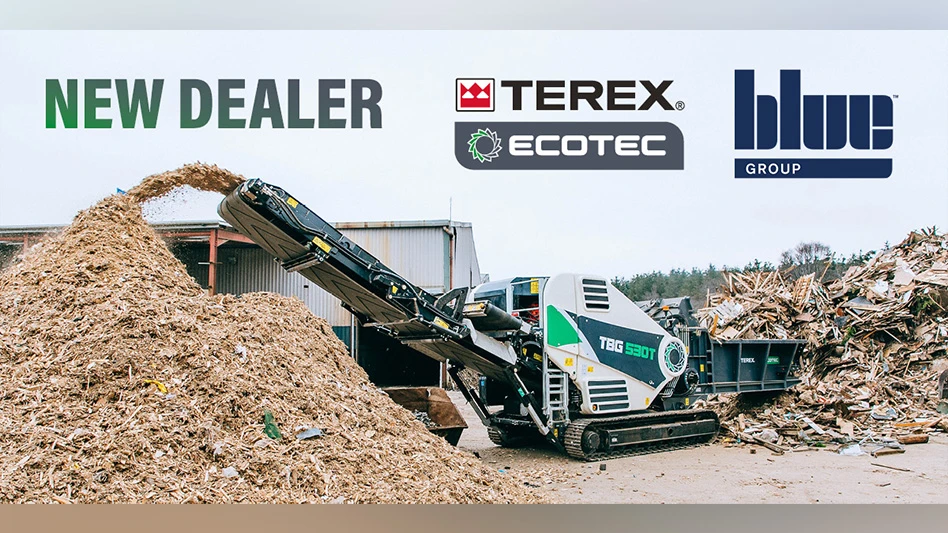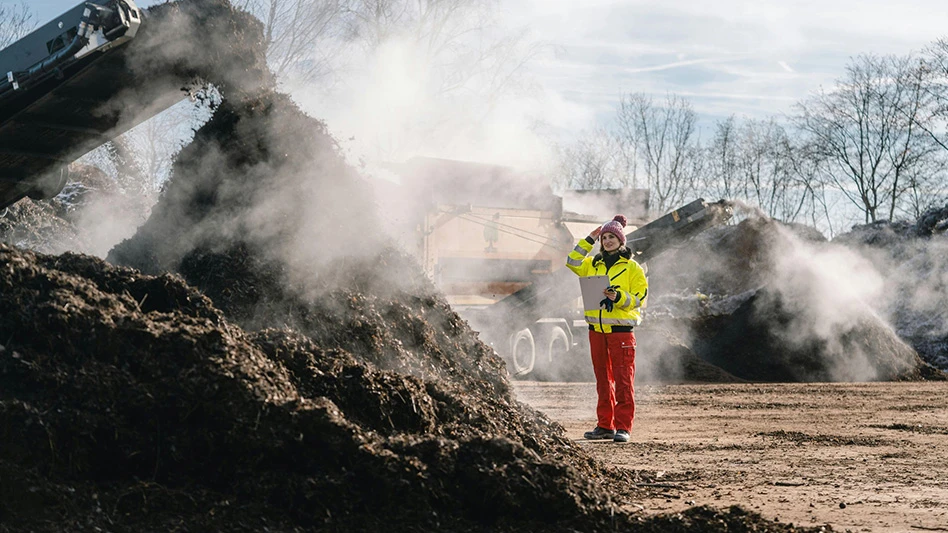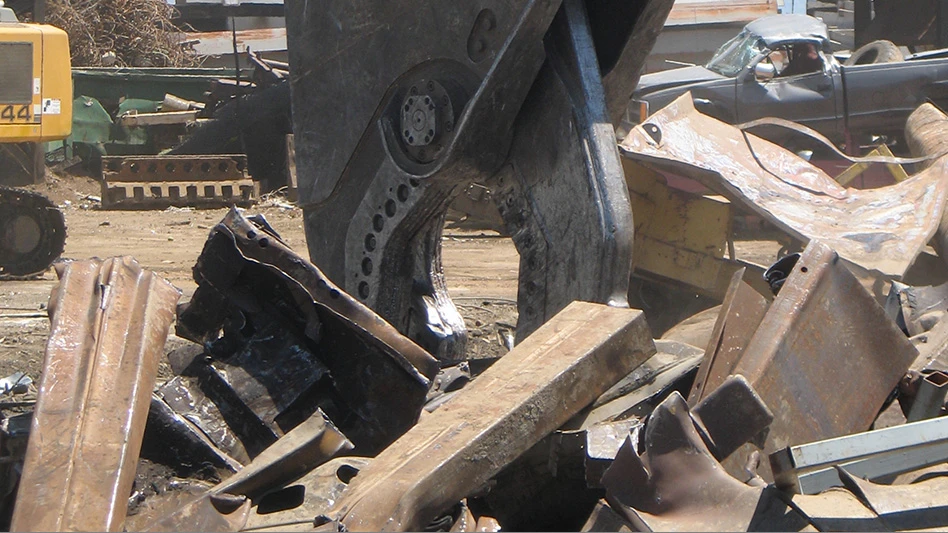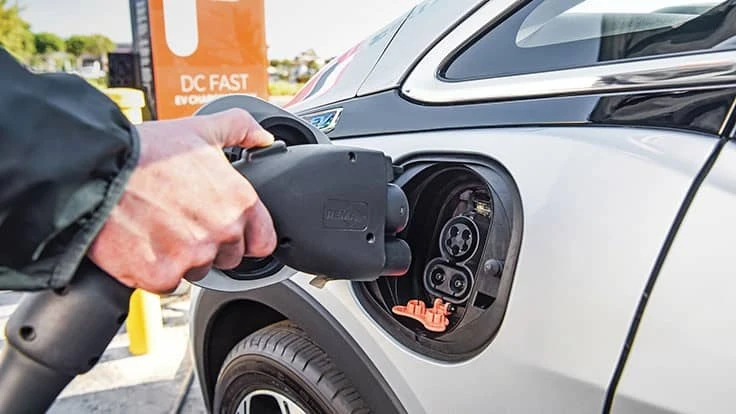
Photo courtesy of GM
Solvay, a chemicals company based in Brussels, and Veolia, Aubervilliers, France, have formed a circular economy consortium designed to offer new solutions to improve resource efficiency for metals used in lithium-ion electric vehicle (EV) batteries.
According to a news release from Veolia, the company, through its SARP Industries subsidiary, and Solvay are engaged in discussions with a car manufacturer and battery cell producers to coordinate, collaborate and leverage respective technologies to recover lithium-ion EV batteries, including access and spent battery feedstock, dismantling, metal extraction and purification.
Veolia says Solvay’s role in the consortium is to optimize the extraction and purification of critical metals, such as cobalt, nickel and lithium, and to transform them into high-purity raw materials for new batteries. Solvay is present in the EV and hybrid battery value chain through its high-performance specialty polymers for binders and separators and specialty additives for electrolytes.
According to Veolia, the number of EVs on the road is expected to grow from 8 million in 2020 to 116 million by 2030. Materials used in EV batteries are not always recovered at their maximum value.
“I am truly excited about our partnership with Veolia, aiming to take circularity another meaningful step forward towards cleaner mobility,” says Solvay CEO Ilham Kadri. “At Solvay, our technologies will bring new life to batteries at the end of their cycle. Our unique know-how combining Specialty Polymers, Composites and Mining solutions together with Veolia’s unique experience in waste management, is a fantastic opportunity to build a greener battery ecosystem.”
Veolia says its recycling plant in eastern France already has been dismantling batteries for EVs since 2013. According to the company, the combination of mechanical and hydrometallurgical processes makes it possible to treat the active cells and extract the active metals. These metals are used by industry and transformed into new materials.
“The recycling of electric vehicle batteries and the management of the pollutants they contain are major ecological and industrial challenges," says Antoine Frérot, chairman and CEO of Veolia. "By partnering, Veolia and Solvay help develop the recycling value chain and the production of strategic raw materials for the production of new batteries. If today the essential compounds of batteries are mainly imported, tomorrow they will be regenerated in Europe."
Latest from Recycling Today
- Phoenix Technologies closes Ohio rPET facility
- EPA selects 2 governments in Pennsylvania to receive recycling, waste grants
- NWRA Florida Chapter announces 2025 Legislative Champion Awards
- Goldman Sachs Research: Copper prices to decline in 2026
- Tomra opens London RVM showroom
- Ball Corp. makes European investment
- Harbor Logistics adds business development executive
- Emerald Packaging replaces more than 1M pounds of virgin plastic
